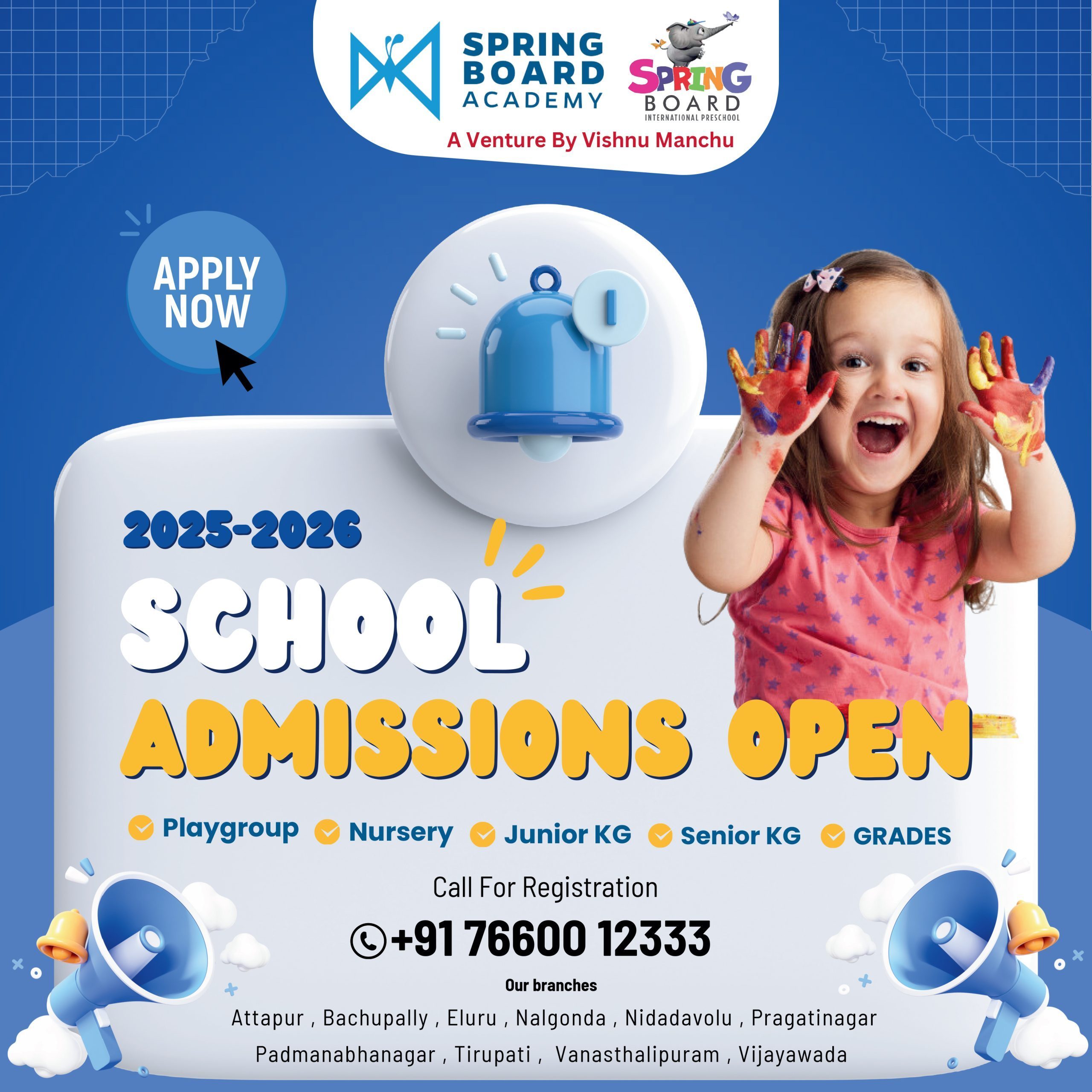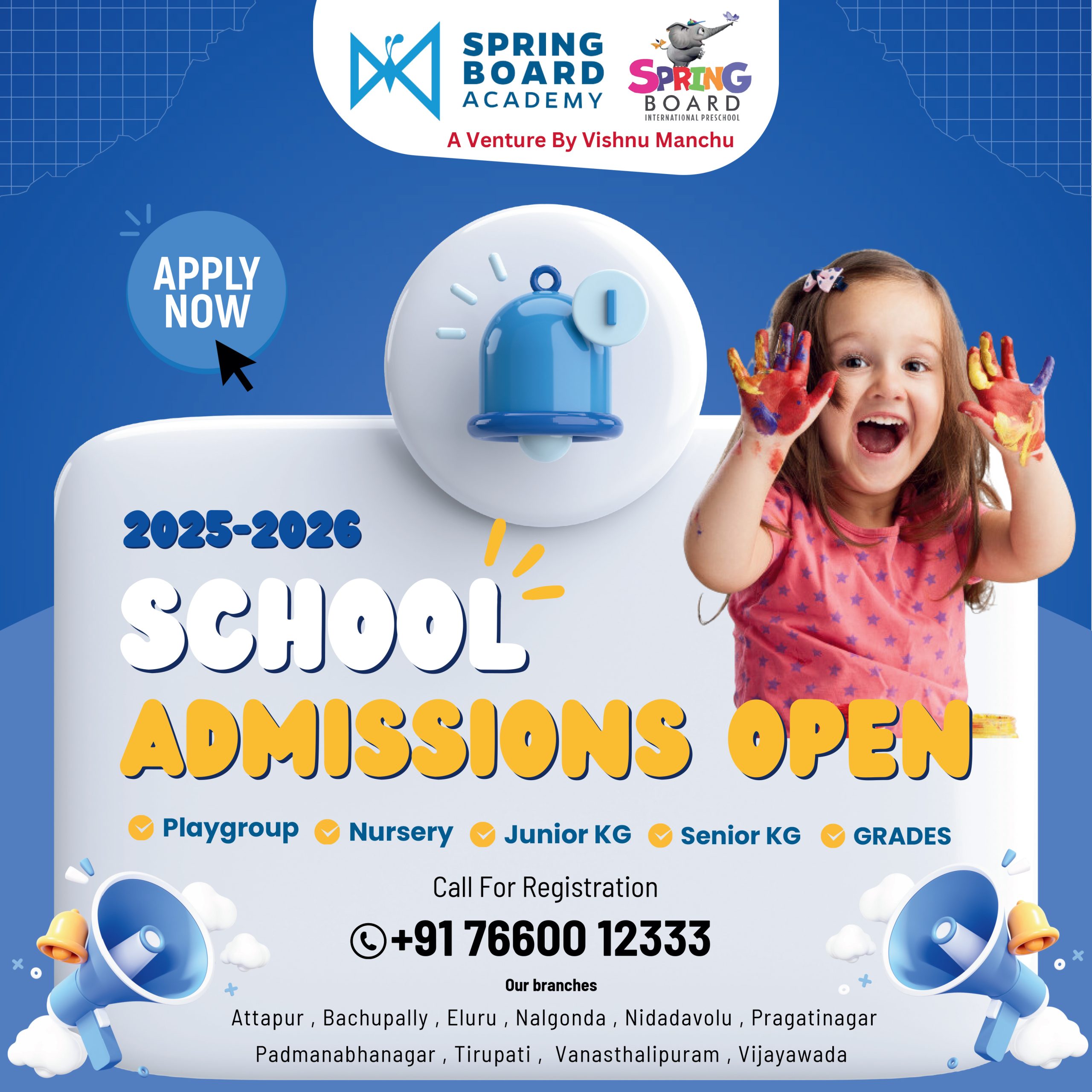The Foundation
Parents know that the early years are important in building a strong foundation for life-long learning. As parents, you understand your child most intimately and, therefore, play an important part in providing a Home environment that will support the learning and development of your child. Your role in the holistic development of your child continues when he/she attends pre-school. It is therefore helpful for you to know the principles, which guide the learning experiences that are planned for your child by his pre-school and his teachers. 
Our Curriculum
At the heart of any pre-school curriculum is the child. This curriculum framework aims to develop children to become life-long learners by helping them to acquire the necessary knowledge, skills and dispositions through 6 learning areas in the context of broad themes.
Nurturing Early Learning with iTeach
Our curriculum offers a set of guidelines according to iTeach, an acronym for the 6 principles in Nurturing Early Learners that guide teaching and learning. These teaching principles have been in good practice in the early-years of children and have been drawn from them. They also ensure that a firm foundation is built for the next stage of learning. They are the core of Spring Board’s pre-school curriculum.
-
I
Integrated learningLearning experiences should be integrated as a whole through interdisciplinary activities rather than separated into subjects. Within a meaningful context, children discover things from observations, inquiry, exploration and first-hand experiences.
-
T
Teachers as supporters of learningTeachers who understand how children develop and learn will be able to support and extend their learning and thinking.
-
E
Engaging children in learning through playPlay is a vehicle for motivating children to learn about themselves and the world around them. To stimulate children’s learning and extend their thinking through play, it is vital for teachers to provide a sense-rich environment and facilitate their learning.
-
A
Ample opportunities for interactionChildren must be given opportunities for extensive and meaningful interactions with materials, peers and teachers. Knowledge is constructed and relationships are built when children interact in a nurturing and positive environment.
-
C
Children as active learnersLearning is most effective when children are actively involved in tasks meaningful to them. Teachers can encourage children to explore, discover and construct their own knowledge by providing a stimulating and safe learning environment.
-
H
Holistic developmentTo facilitate holistic development of children, teachers need to provide opportunities for children to develop key knowledge, skills and dispositions in the following areas: aesthetics and creative expression, environmental awareness, language and literacy, motor skills development, numeracy, and self and social awareness.
A Child’s interaction, thinking and experiences result in their complex learning process. Children are found to be best at learning when they are,
- Actively involved
- Engaged in carrying out tasks that are interesting and meaningful to them
- Motivated to explore and discover for themselves
- Unafraid to make mistakes
- Given opportunities to solve problems through trial and error
- Allowed to make their own choices
The Learning Cycle reflects four processes children go through in constructing and acquiring concepts and skills. Each time children encounter a new experience, they become aware of new concepts or skills. They may then move on to explore, acquire and apply these concepts or skills. The learning cycle is a useful framework that also guides our teachers in curriculum planning. It reminds teachers to provide opportunities for active learning when children meet new situations or concepts. The following table shows how teachers facilitate learning in such phase of the learning cycle.
| Learning | What Children Do | What Teachers Do |
| Awareness | Notice and encounter a variety of objects, people, places and events Show interest to want to find out more Ask questions | Create interest and generate curiosity Show interest in finding out more about something Think aloud Provide many opportunities for children to have direct contact with real objects, people, places and events Elicit responses from children to find out what they already know |
| Exploration | Observe, touch, smell, hear and taste Talk about their experiences Ask questions Form hypotheses Collect and record information Compare their thinking with the thinking of others Construct personal meanings Make new discoveries | Provide resources and organise learning space to encourage investigation Ask open-ended questions |
| Acquisition | Rehearse and repeat activities Make connections between current experiences and prior learning Gain mastery Develop new understandings | Use different teaching strategies to help children refine their skills and understanding of concepts Elicit responses from children to find out what they have learned Ask questions to help children make new connections Provide time, space and materials for children to revise concepts and try out skills to gain mastery Repeat activities with variations or varying levels of difficulty Provide opportunities for children to explain what they are doing |
| Application | Apply / adapt new concepts and skills in new and real-life situations Propose alternatives Explore new situations Extend understandings Gain new awareness | Provide opportunities for children to transfer their learning in a different context Help children become aware of new observations / findings and make new discoveries Encourage and guide children in self-reflection |
What it means to support a Child’s learning?
Our teachers support your child’s learning experiences through an understanding of how they develop and learn. By understanding your child’s interest, abilities, needs and background, our teachers provide the support that is necessary to for your child to build and extend his/her knowledge, skills, understanding, thinking and confidence and facilitate him/her to stretch these to a higher level of mastery.
Why supporting a Child’s learning is important?
Children learn best when they feel both successful and motivated. When confronted by repeated failure, most children will experience frustration and a loss of motivation. Thus, optimal learning is fostered when teachers recognise where children stand in their developmental process and provide experiences just beyond what children can do on their own, but within the circle of what they can do with the necessary assistance. The aim is to encourage a positive disposition to learning and risk-taking without fear of failing.
How our teachers support your Child’s learning?
- Consider what children know and what they can do,
- Observe children’s abilities and their needs
- Use their knowledge of child development principles and How children learn
- Place realistic expectations on children
- Plan activities that stimulate developmental process,
- Organise a learning environment that is responsive to children’s needs and interests
- Build connections to link children’s prior learning and new learning.
Holistic Development
Our curriculum caters to the whole child and is inspired by the British Early Years Framework and the Reggio Emilia Approach. We believe that It is important to recognize every aspect of a child’s development in order to maximize the potential in each child.
What it means to support a Child’s Holistic Development
Our curriculum is planned to develop each child’s cognitive, emotional, social, physical, artistic and creative potential. This is done through the following 6 learning areas
- Aesthetics and creative expression
- Environmental awareness
- Language and literacy
- Motor skills development


